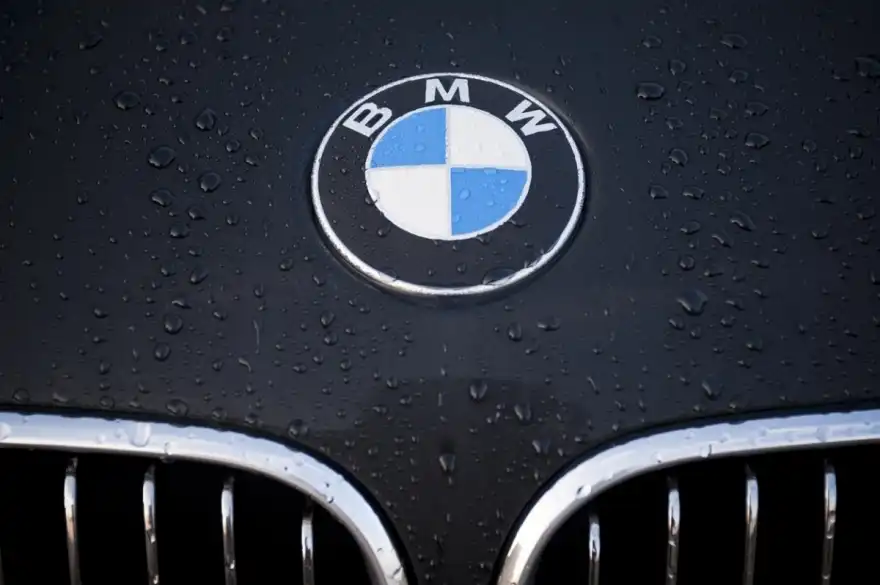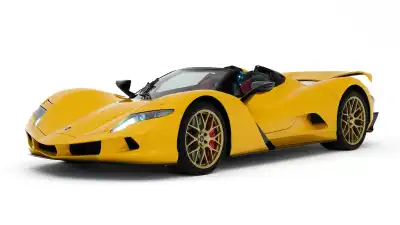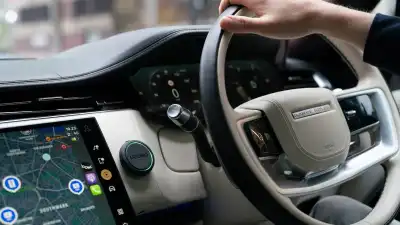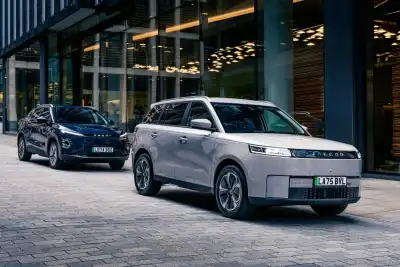
According to a BMW executive, petrol car demand reached its peak last year, setting the stage for the German car manufacturer's growth to be spearheaded by electric models.
The company, known for producing Mini in the UK, has set ambitious targets for the year. BMW aims to sell half a million battery-powered vehicles in the current year, constituting about a fifth of total deliveries, as highlighted by its Chief Financial Officer, Walter Mertl.
Reflecting on the past year, Mertl notes, "The tipping point for combustion engines was last year. Future volume growth will primarily come from battery electric vehicles."
BMW declared last week that its iconic Munich plant will only be producing EVs by 2027, marking the end of 75 years of internal combustion engine vehicle manufacturing in BMW's hometown.
BMW's electric vehicle (EV) sales witnessed a remarkable 75% increase last year, driven by popular models like the i4 Sedan. This surge comes amidst a broader slowdown in overall sales growth in the US and some European countries.
The shift towards electric vehicles is significant, considering the evolving landscape of the automotive industry. However, in the UK, the market share of electric cars faced a setback in 2023. Rishi Sunak's decision to postpone the ban on the sale of new petrol and diesel vehicles until 2035 played a role in this reversal.
According to the Society of Motor Manufacturers and Traders (SMMT), the share of EVs in the overall new car market contracted from 16.6% to 16.5% in 2023, falling short of the initially forecasted 17.2%.



